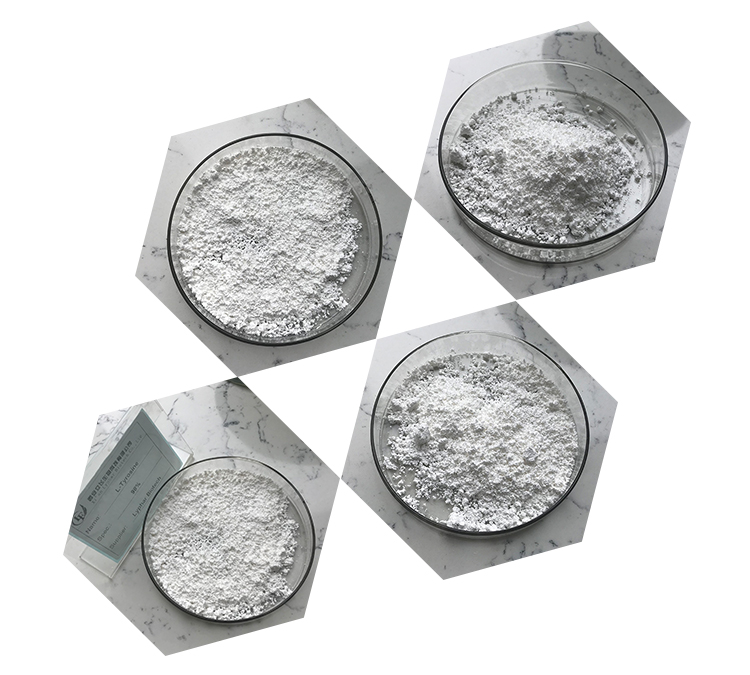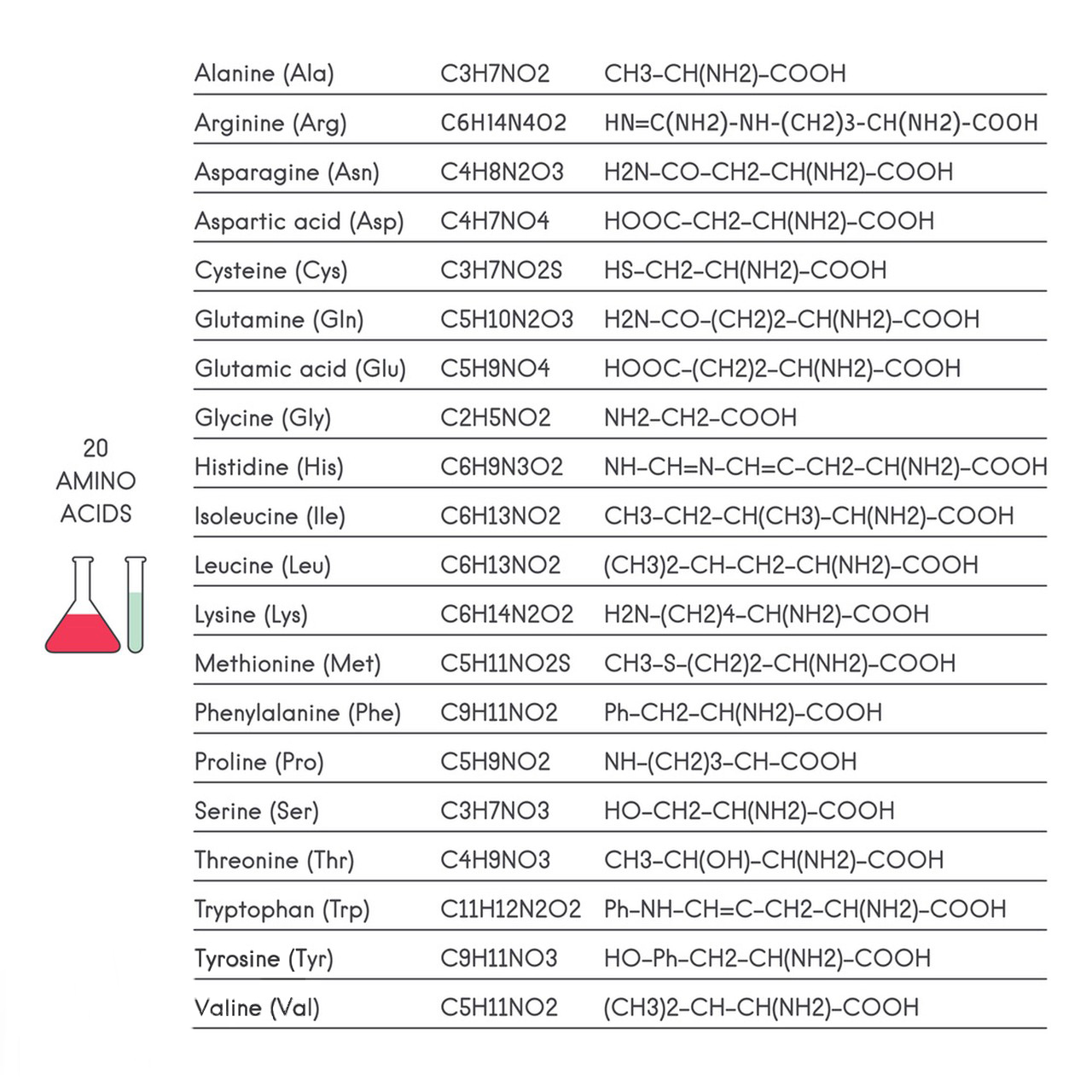Tyrosine is an amino acid, which is a building block of proteins. The chemical structure of tyrosine includes a side chain that contains a phenol group. The basic structure of tyrosine is:
Chemical Formula: C9H11NO3
Structural Formula: H2N-CH(CH2OH)-C6H4OH-COOH
Here’s a breakdown of the components:
1.Amino Group (NH2): The amino group is represented by H2N in the structural formula. It is a functional group containing nitrogen and hydrogen atoms.
2.Side Chain (CH(CH2OH)-C6H4OH): The side chain of tyrosine contains a benzene ring (C6H4OH) with a hydroxyl group (-OH) attached, and an aliphatic chain (CH(CH2OH)).
3.Carboxyl Group (COOH): The carboxyl group is represented by -COOH in the structural formula. It is another functional group containing a carbon and two oxygen atoms.

Tyrosine is classified as a non-essential amino acid, meaning the body can synthesize it from other amino acids, such as phenylalanine. It plays a crucial role in the synthesis of neurotransmitters, such as dopamine, norepinephrine, and epinephrine, and is involved in various physiological processes in the body. Additionally, tyrosine is commonly found in protein-rich foods like meat, dairy products, eggs, nuts, and seeds.
Efficacy and function of Tyrosine
Tyrosine is an amino acid that plays a crucial role in various physiological functions within the human body. It is a precursor to several important neurotransmitters and hormones. Here are some key aspects of the efficacy and function of tyrosine:
1.Precursor to Neurotransmitters: Tyrosine is a precursor to several neurotransmitters, including dopamine, norepinephrine, and epinephrine. These neurotransmitters are essential for mood regulation, stress response, and cognitive function.
2.Cognitive Function: Some studies suggest that tyrosine supplementation may enhance cognitive performance, especially in situations involving stress or fatigue. This is because tyrosine is involved in the synthesis of neurotransmitters that play a role in alertness, focus, and memory.
3.Stress and Fatigue: Tyrosine is often considered to be a “stress buffer” as it supports the production of stress hormones like norepinephrine and epinephrine. Under conditions of stress, the demand for these neurotransmitters increases, and tyrosine availability becomes crucial for maintaining cognitive performance.
4.Thyroid Hormones: Tyrosine is a component of thyroid hormones (thyroxine and triiodothyronine), which are essential for regulating metabolism and overall energy balance in the body.
5.Phenylketonuria (PKU) Treatment: Tyrosine is used as a supplement in individuals with phenylketonuria (PKU), a genetic disorder where the body cannot properly metabolize phenylalanine, another amino acid. In such cases, tyrosine supplementation helps meet the body’s needs for synthesizing essential neurotransmitters.

6.Depression and Mood Disorders: Some studies suggest a potential role for tyrosine in managing symptoms of depression and other mood disorders. However, more research is needed to establish its effectiveness in these contexts.
7.Exercise Performance: Tyrosine has been investigated for its potential to improve exercise performance, particularly in situations of prolonged physical activity and environmental stress. Some studies suggest that it may help maintain cognitive function during exhaustive exercise.
It’s important to note that while tyrosine supplementation may be beneficial in certain situations, excessive intake can lead to side effects. As with any supplement, it’s crucial to consult with a healthcare professional before adding tyrosine or any other supplement to your routine, especially if you have pre-existing health conditions or are taking medications. Additionally, obtaining tyrosine through a balanced diet that includes protein-rich foods is a natural and preferable way to ensure adequate intake.
